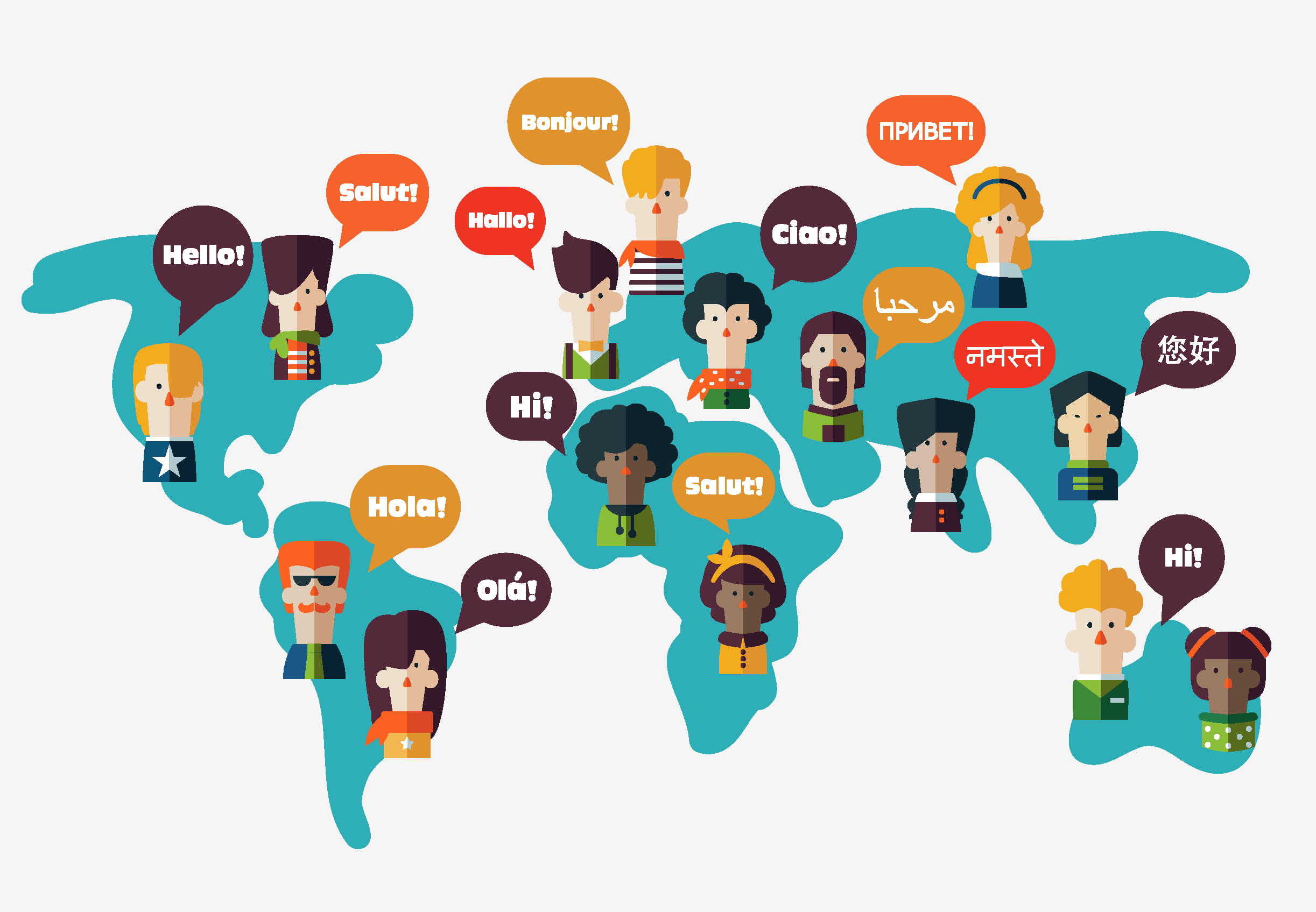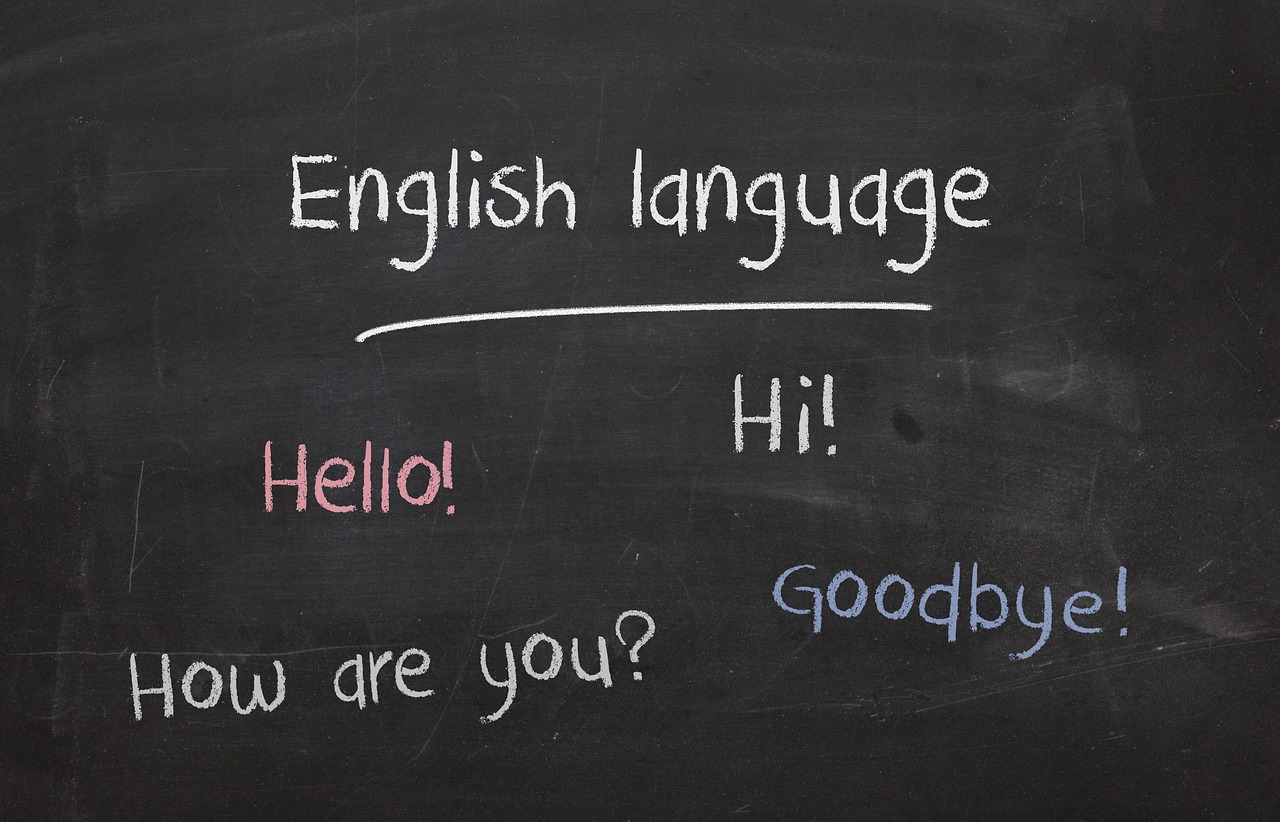Is English your first language? If yes, you are lucky to know the most spoken language in the world. However, English speakers miss out on the bigger picture due to the dominance of English in global culture and commerce.
17% of the world speaks English. That’s more than a billion people. However, that also means nearly 7 billion people don’t speak English!
Our guide to overcoming the language barrier is mainly for English speakers, but the broad principles apply to anyone traveling to a foreign country where a different language is spoken.
Let’s find out more about overcoming language barriers when traveling.
Featured Image Source
Learn the local language
Let’s kick off the list with the most obvious suggestion. Traveling to a new country? Just learn the local language. It isn’t as tricky as it sounds. You don’t have to master the local language to have basic conversations. Look up the most common words and phrases like:
- Where is the bus station/railway station/airport?
- Where is the police station?
- I don’t speak X language
- Can you help me?
- I am looking for a hotel
- I am looking for food or water
- I need a telephone
Many countries have more than one primary language. For example, there are more than 20 regional languages in India. However, you can get by knowing the basic phrases in the most spoken language (Hindi). Similarly, knowing a bit of Spanish or Portuguese will be helpful when you visit South America. Choose a significant language and learn the essential words and phrases in it. There’s a wealth of resources available online, both paid and free.
Use technology
Technology has made every aspect of traveling easier. From booking flights and hotels to finding your way in a city, a smartphone alone will improve your travel experience. Similarly, the language barrier is no longer a problem in any part of the world if you have a smartphone and a stable internet connection.
Google Translate is the leading translation solution in the world. You can use voice recognition to translate someone else’s speech in real time. You can also quickly look up the regional word for an English term.
There are various paid services besides Google Translate, where you can translate text and speech in real time. Use a translation tool you are comfortable with, and it’ll make all language barriers disappear.
Language barriers and cultural barriers
We construct the world around us through language. As a result, languages dictate cultures to a great extent. While learning about a new language, take the time to learn about the place’s culture. Know which words and gestures are considered offensive and which are considered friendly.
Learn about different ways to address someone, especially strangers. Be respectful and courteous in your choice of words. Knowing these things will improve your travel experience and help you make many friends.
Familiarize yourself with local slang
Slang refers to informal modes of communication within a specific language group. For example, if you are an English speaker, you would know the significant difference between UK and US slang. While you don’t need to be an expert in local slang, it’s a good idea to understand it. The knowledge will help you understand what people mean when they talk to you and help you avoid potentially embarrassing situations.
Learning about local slang is essential even when visiting another English-speaking country. For example, if you visit Australia, you should learn about the words Australians use for different activities and things. Here are some instances:
- A Cold One refers to beer
- Bludger means someone who is very lazy
- Cobber means a good friend
English is not the first language in many countries, but still widely used. For example, India has the second-largest population of English speakers though only 10% speak English. There are some unique expressions in Indian English:
- Passed out (of college) means graduating from college/school
- Convent-educated means someone with a formal English education
- Monkey cap is the Indian term for a balaclava
Knowing the nuances of how the local population uses English will make it easier for you to communicate with them. As we already mentioned, you don’t need to become an expert in a regional language before visiting a new country. A fundamental understanding of the most commonly used words and terms is more than enough.
Conclusion
Traveling to a country without knowing its language is not a good idea. However, using these tips and strategies, you can quickly learn about the basics of any language. Start planning your trip now with Travel-Wise’s free trip-planning tools to have you on your way to your destination faster than ever!





